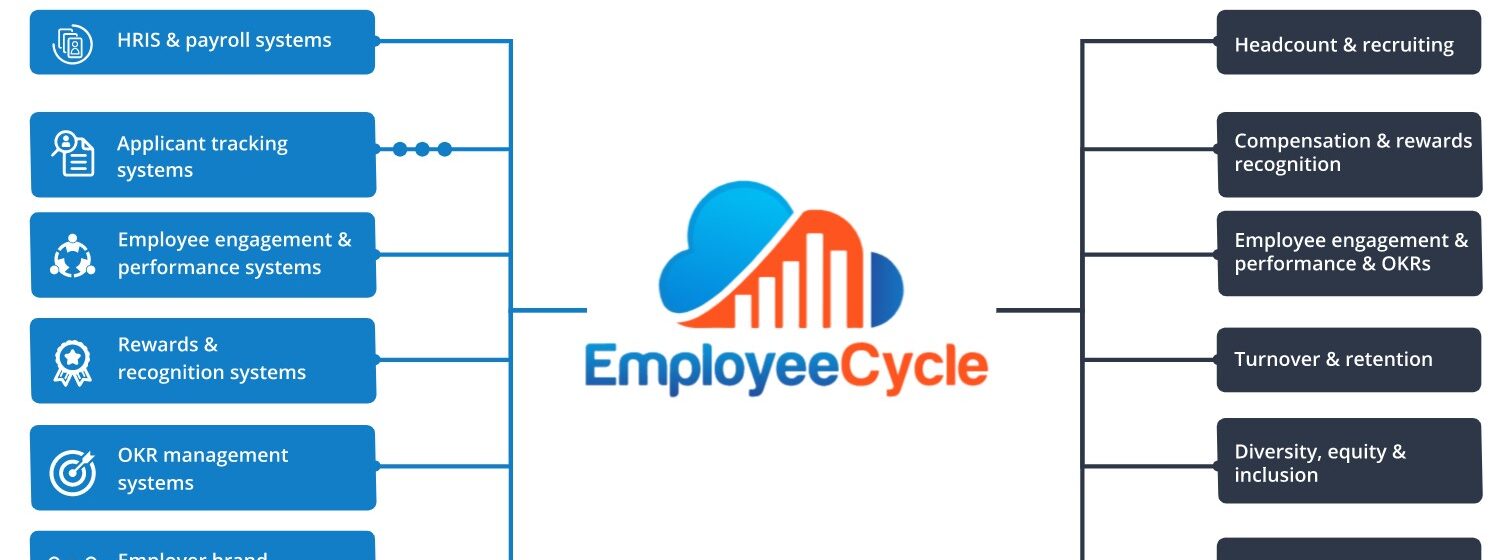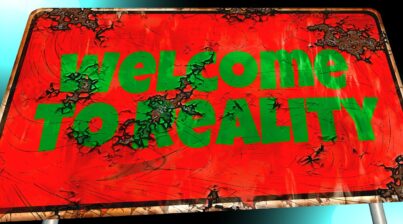Why are we talking about recruitment trends and tips for 2023 when we’re only halfway through this current year? It may seem too far in the future, but honestly, there are only five months left this year. They will go by quickly when you consider that the fourth quarter is typically when there are many holidays recognized as closed business days and employees tend to take quite a bit of PTO during that time.
Instead of waiting until the last minute and reactively recruiting, HR professionals should be proactively preparing for the new year by growing their talent pipeline now. In fact, according to Forbes, companies should be proactively engaging candidates earlier than they need them because passive recruiting isn’t as effective as it has been in the past.
Let’s look at some recruitment trends and tips you can put in place now as you prepare for the new year.
Remote Work Is Here To Stay
Research tells us that 85% of recruiters believe remote work is here to stay. Obviously, the pandemic drastically changed the work environment. McKinsey & Company indicates that the acceleration to remote and hybrid work has helped companies realize that remote work offers benefits to not only the workforce, but to the companies as well. These companies have used remote work opportunities as a strategy to attract candidates to apply.
HR professionals are seeing that job seekers, especially in the technology sector, drop out of the interviewing process for certain jobs if remote work flexibility is not an option. And now with inflation and the cost of fuel, commuting can become a large expense. So, remote work doesn’t benefit just the recruiting efforts, but also helps retain existing talent.
Recruitment Tip: As much as possible, let candidates (and employees) have the freedom, convenience, and cost savings that remote and/or hybrid work gives them.
Your Reputation Precedes Your Open Positions
As consumers, we do our research before we invest in large ticket items such as homes, cars, technology, and vacations. Likewise, a majority (86%) of job seekers research an organization’s brand and reputation before they consider applying for a position. It wouldn’t even matter if they receive a higher salary, 75% of candidates say they wouldn’t work for a company with a bad reputation.
Source: thrivemyway.com/recruitment-stats
So, recruitment is forcing HR professionals to learn some marketing skills. You must attract candidates like businesses attract consumers. And that includes ensuring your brand and reputation are positive in the marketplace.
What affects your company’s brand and reputation? There are several factors that make up a corporate reputation, including:
- Ethics – does the company behave with honesty and decency toward its employees, customers, vendors, and other stakeholders?
- Employees – does the company have talented, skilled, and competent employees that perform well?
- Workplace – does the company have a vibrant culture that supports its mission?
- Finances – does the company have a record of growth and profitability?
It’s important to remember that reputation isn’t just about the name, logo, or marketing materials created for your company’s brand. It goes deeper. That’s why it’s critical to keep on top of what people are saying and writing about your organization.
Recruitment Tip: Treat candidates as customers through relationship management. This can be done through email campaigns, providing interesting content on the website, and engaging in discussions on social media.
Power Skills Are The New Skills On The Block
What exactly are “power skills” we’re hearing about? Let’s start with what we do know. We know that hard skills refer to technical competencies that have to be learned, can be measured, and are often tools like software. In the past, hard skills have typically held more value in the workforce than soft skills.
Soft skills are referred to as more relationship-centered covering areas such as communication, emotional intelligence, teamwork, professional attitude, and work ethic. But things are changing when it comes to valuing skill sets.
In today’s remote and hybrid work environments, employees are expected to work in a state of constant change and adjustment. However, this can be challenging and have an impact on performance. According to SHRM, soft skills are more important than ever, and are even being referred to as power skills. Calling these characteristics “soft” undermines their importance. HR professionals are noticing gaps in this skill set within the talent pool as they are recruiting.
Recruiters have identified these top 10 power skills to include in your recruiting strategies:
- Communication
- Innovation
- Creativity
- Emotional intelligence
- Collaboration
- Adaptability
- Leadership
- Time management
- Work Ethic
- Listening
Recruitment Tip: Power skills are essential for an always changing workforce. Elevate them as the top skills that are key to be successful within your company, no matter which level of position.
It’s Not What You Know, It’s Who You Know
Believe it or not, most companies hire 20-40% of their new hires through referrals. That’s a terrific way to limit your cost per hire. But not only that, people that have been referred by either employees or other external contacts tend to stay longer and perform better. Is it too much to say that employees are your best recruiters? Let’s think about the benefits of an employee referral program.
Employees have organizational knowledge, understand how the positions play a role in the overall structure, and can see how a referred candidate can fit into the company culture. Typically, they know the referral’s work ethic, personality, experience, and skill set too. They’ve done half the vetting of the candidate for you. So, what do employees get in return for referring candidates for open positions?
Many organizations offer monetary awards, paid time off, and other rewards for excellent candidates. When your employees believe in your company’s mission, thrive in the culture, and encourage others to work there too, why wouldn’t you consider an employee referral program?
Recruitment Tip: Want a win-win-win situation? Set up a candidate referral program as an efficient way to hire new talent. You gain a great candidate, the candidate gets a great new job, and the employee has been motivated with a great reward.
Don’t Let The Talent Shortage Get You Down
Businesses continue to face uncertainty this year and recruiting challenges have added frustration to the mix. Here’s where Employee Cycle can help. Data is not going away. In fact, HR professionals must learn to have their recruiting and hiring strategies more data-driven.
Leverage your workforce data to reduce the manual workload on your HR team. Employee Cycle can help your recruiters make data-driven decisions with recruiting metrics to track the success of your strategies. Our HR Analytics Dashboard provides you with HR metrics and KPIs that matter around these important areas:
- Diversity
- Employer Brand
- Employee Engagement
- Headcount
- Performance
- Employee Recognition
- Recruiting
- Retention
- Turnover
Learn how Employee Cycle pulls all your HR data from your different HR systems into one HR analytics dashboard. Schedule your demo and we’ll show you how to optimize your recruiting strategies today!












